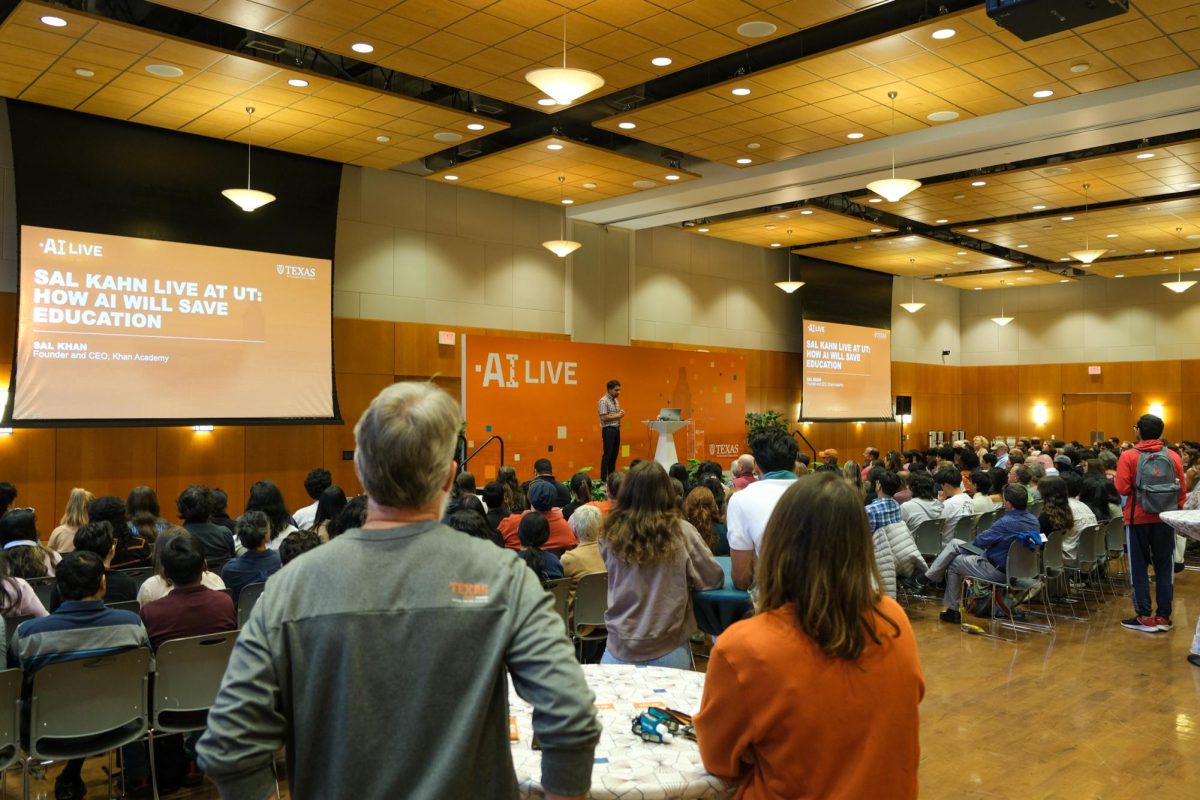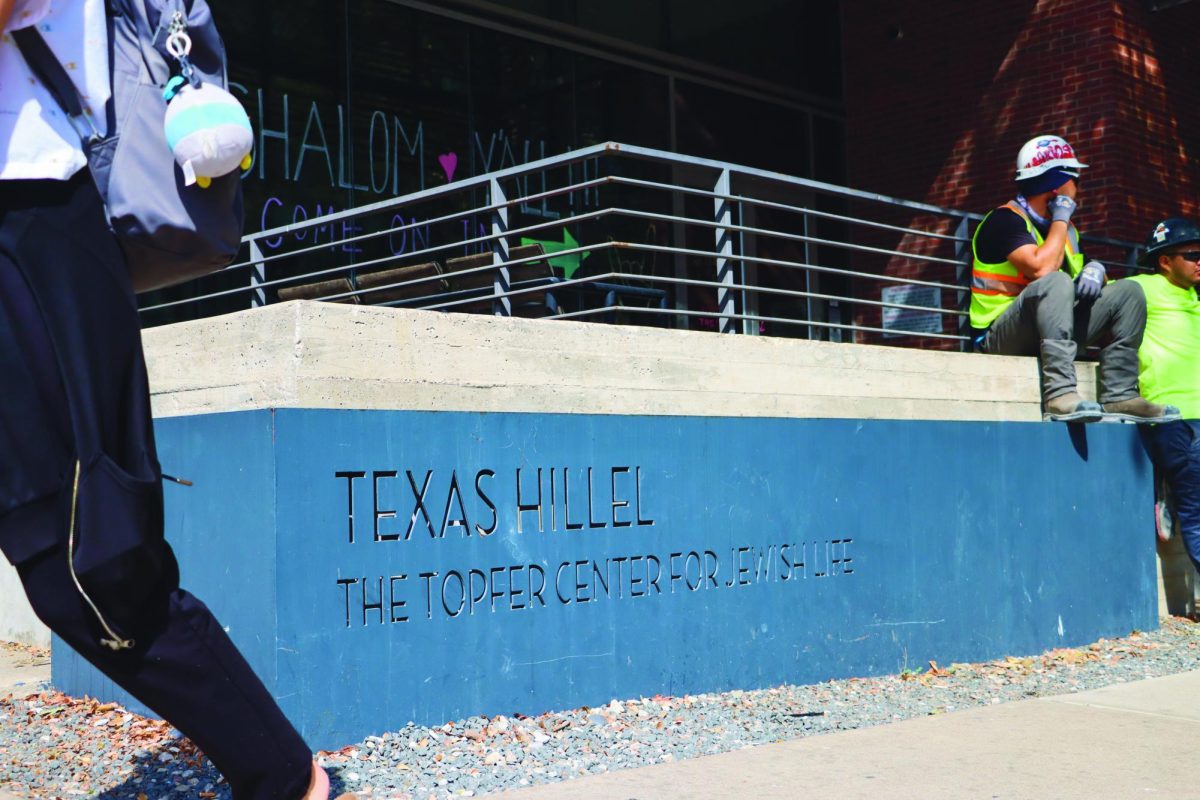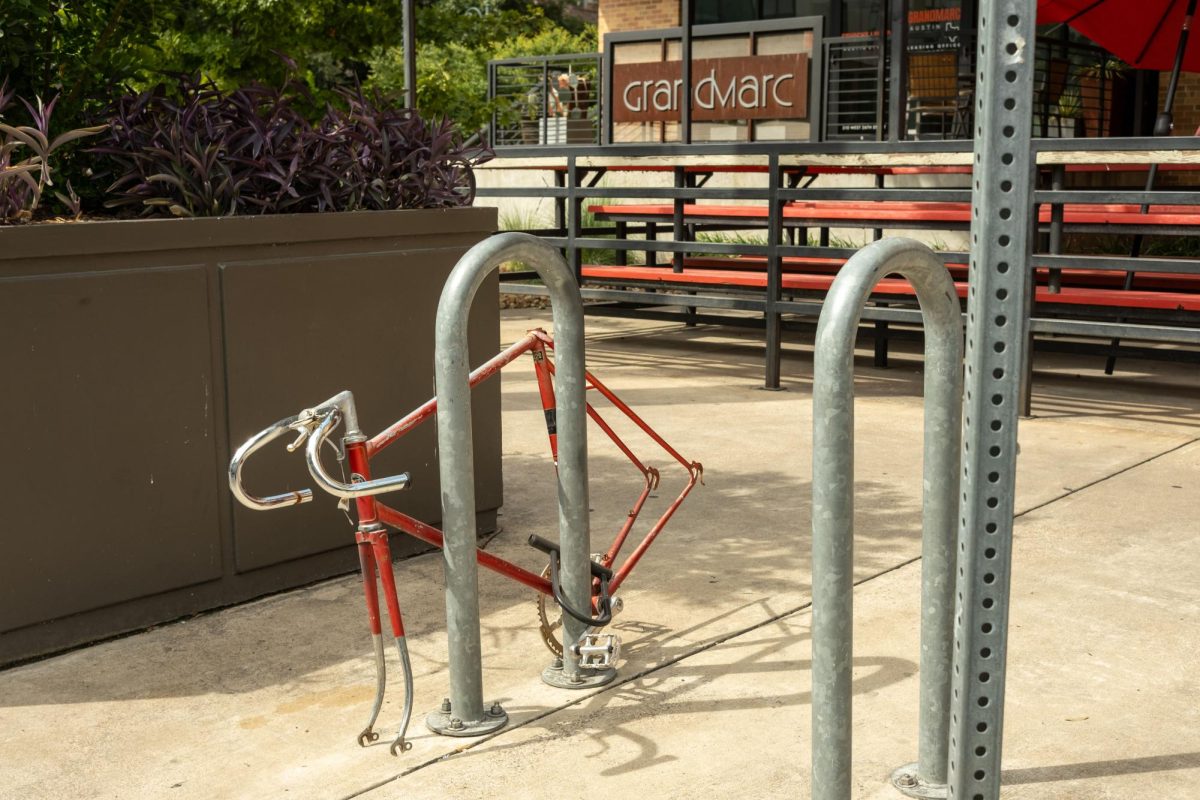A UT professor was featured by the Chronicle of Higher Education on Aug. 30 for creating a manual on trauma-informed policing.
Noël Busch-Armendariz, a professor in the School of Social Work and director of the Institute on Domestic Violence and Sexual Assault, collaborated with her team and UT System police to create “The Blueprint for Campus Police: Responding to Sexual Assault,” a manual which provides officers guidance on how to better engage with survivors of sexual violence.
The manual explains what happens psychologically during and after a traumatic event, outlining strategies law enforcement should use to interact with survivors.
“The trauma of sexual assault crime really calls the police to operate differently and that science had to replace tradition particularly in sexual assault crimes,” Busch-Armendariz said. “A lot of times victims blame themselves just like society blames them.”
A UT student who is a sexual assault survivor said some survivors may not want to come forward because there is “always that thought of ‘It could have been my fault,’ even if there’s no way it was.”
“There was no law enforcement involved with me, but if there had been, I would have wanted them to understand that this person they are trying to help just had every bit of control over themselves they thought they had taken from them,” said the student, who wishes to remain anonymous.
Other than the police, there are a number of resources on campus for survivors. The Counseling and Mental Health Center provides individual counseling, group counseling and a 24/7 crisis line. Voices Against Violence is a CMHC organization that provides the campus with tools to identify interpersonal violence, support survivors and build a campus that values healthy relationships and consent.
“The most important thing you can do for a survivor is to believe them unconditionally,” said VAV Co-President Mia Goldstein, a radio-television-film and Plan II sophomore. “Offer options and resources, but it should be made clear that everything is up to them and on their own terms.”
Out of every 1,000 sexual assaults, 344 are reported to the police, according to the Rape, Abuse & Incest National Network, the nation’s largest anti-sexual violence organization. Busch-Armendariz aims to address the reasons survivors don’t come forward with formal reporting by better equipping first responders to handle traumatic situations.
“All of us belong to solving this issue because we’re part of this community,” Busch-Armendariz said.



















